Hidden Attractions in Attica: The “Other” Athens (Part 1)
Been to the Acropolis already? Discover quieter, lesser-known spots in Attica: Davelis Cave, Temple of Hephaestus, the so-called “Prison of Socrates,” Choragic Monument of Lysicrates, the Museum of Greek Folk Art, and characterful small churches.
Looking for more "off-the-beaten-path" spots around Athens and Attica? Check these out:
- Davelis Cave (Penteli) – atmospheric route, a quick nature escape close to the city.
- Temple of Hephaestus (Ancient Agora/Thissio) – the best-preserved ancient Doric temple in Athens.
- The so-called “Prison of Socrates” (Filopappou Hill) – rock-cut chambers; a scenic walk with a view.
- Monument of Lysicrates (Plaka) – elegant choregic monument, first exterior example of the Corinthian order.
- Museum of Greek Folk Art – small collections that “tell” stories of everyday Greek life.
What We Mean by “Hidden Gems”
Not exactly secret spots — but places you often walk past, without crowds, full of history, nature, or calmness — ideal if you’ve already seen the Acropolis and Syntagma Square.
Stops Worth Making
Davelis Cave (Penteli)
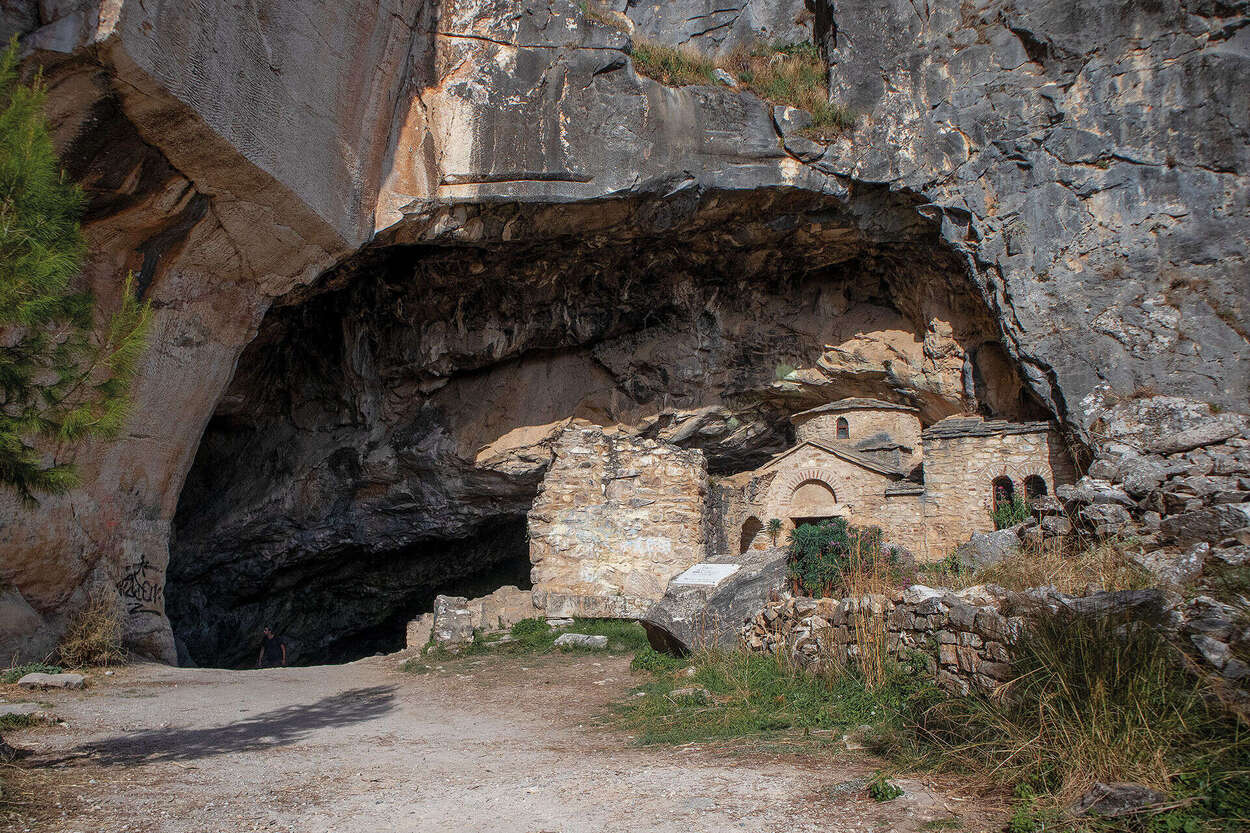
What it is: A cave on the southwestern slope of Mount Penteli, next to an old marble quarry; at its entrance stands a small double Byzantine chapel.
Why visit: Quick breath of nature “outside the city” without the drive — cool and mysterious atmosphere.
Temple of Hephaestus (Ancient Agora / Thissio)
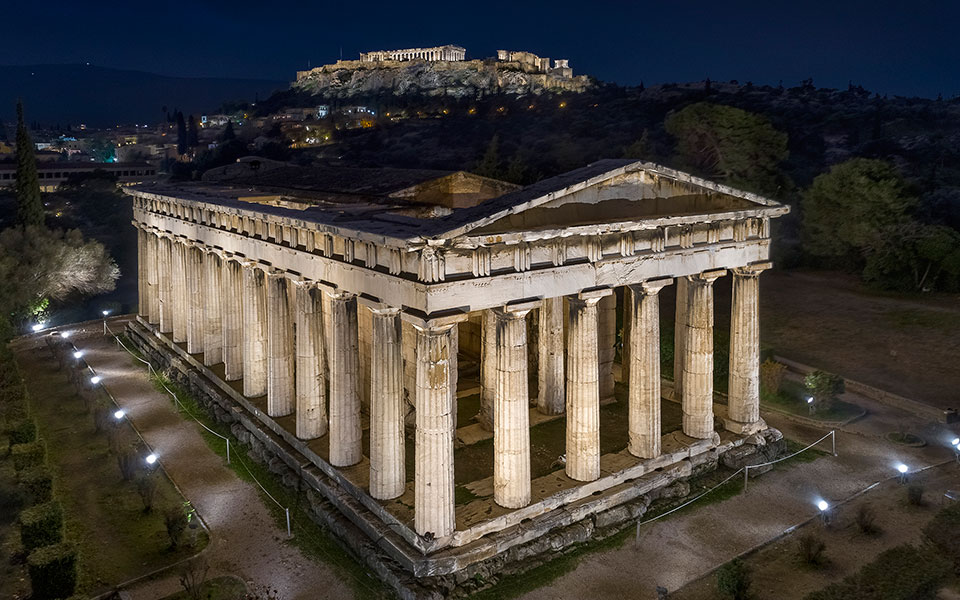
What it is: Doric peripteral temple (449–415 BC) on the northwest side of the Agora — among the best-preserved monuments of classical Athens.
Why visit: Classical Athens without the queues; impressive lighting and columns, clear view of the Acropolis.
The “Prison of Socrates” (Filopappou Hill)
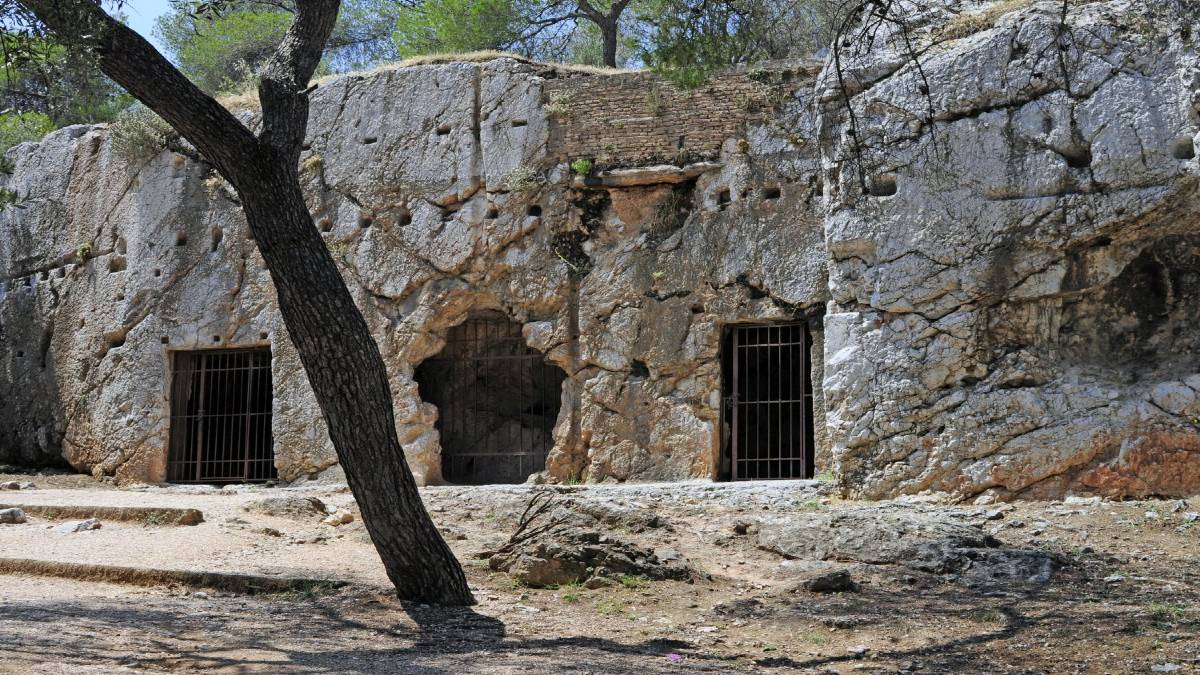
What it is: Rock-carved chambers on Filopappou Hill; tradition connects them with Socrates (though the identification isn’t proven).
Why visit: One of Athens’s most beautiful walks — pine trees, panoramic city/Acropolis views, peaceful paths.
Monument of Lysicrates (Plaka)
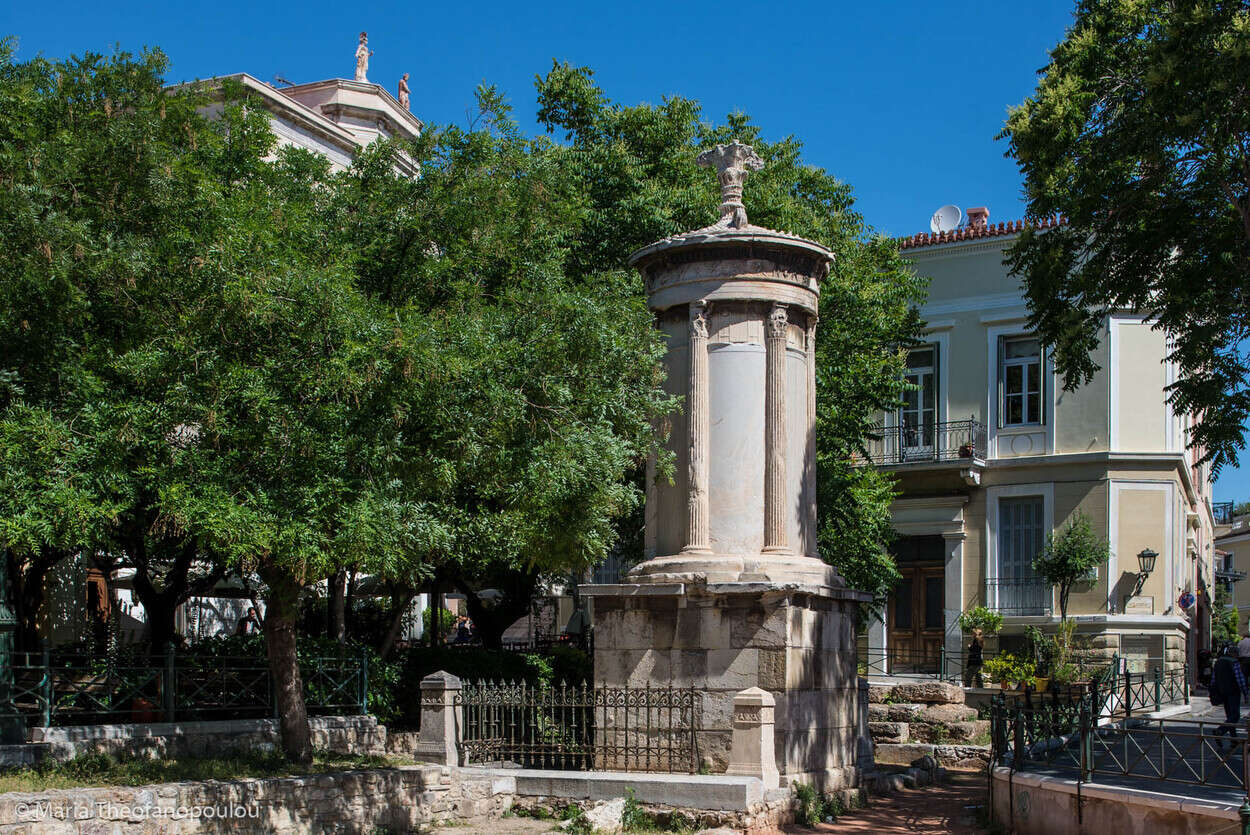
What it is: Choregic monument (335/334 BC) on Tripodon Street, first exterior use of the Corinthian order.
Why visit: A perfect “two-minute photo frame” in the heart of Plaka — history surrounded by cafés and cobblestones.
Small Churches with Character
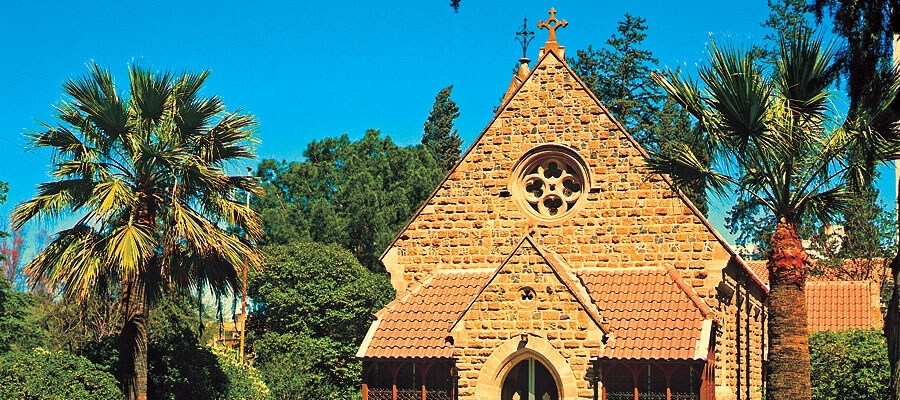
- Anglican Church of St Paul (1843) – a neo-Gothic landmark between Syntagma and Plaka; often hosts musical events.
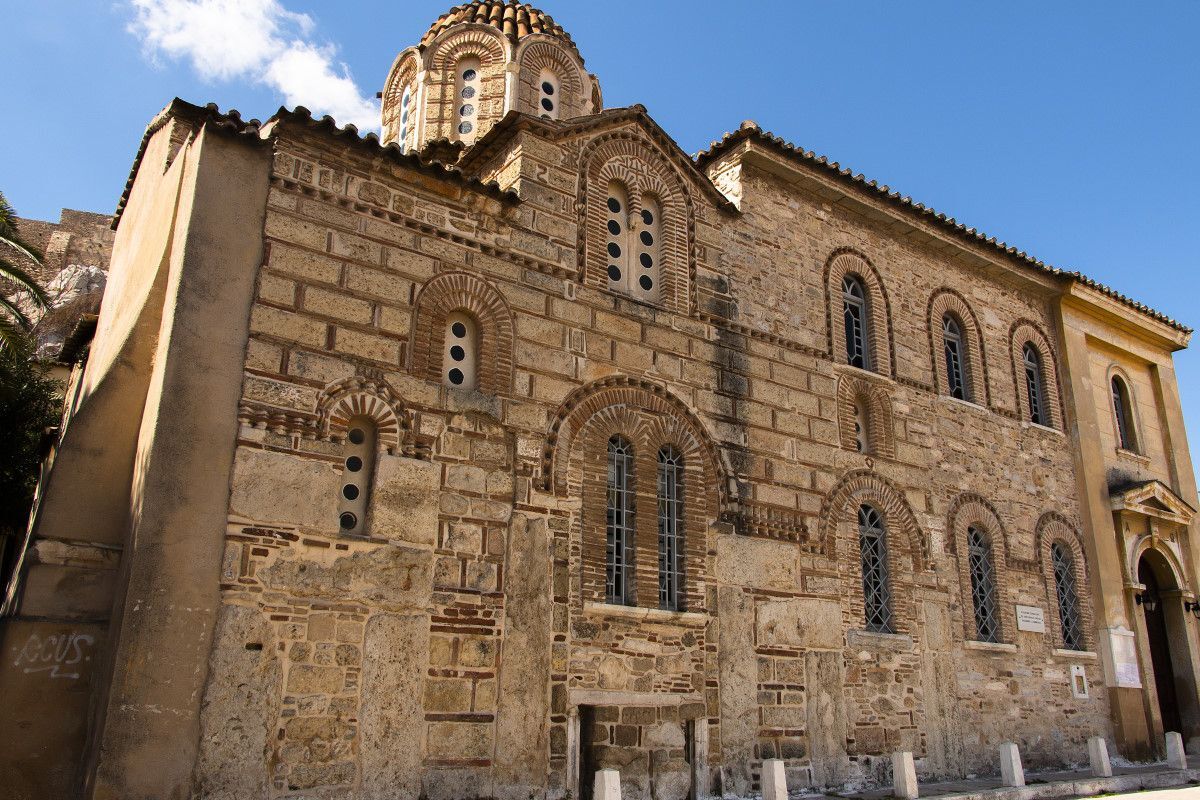
- St Nicholas – for that cozy “local neighborhood” feel.
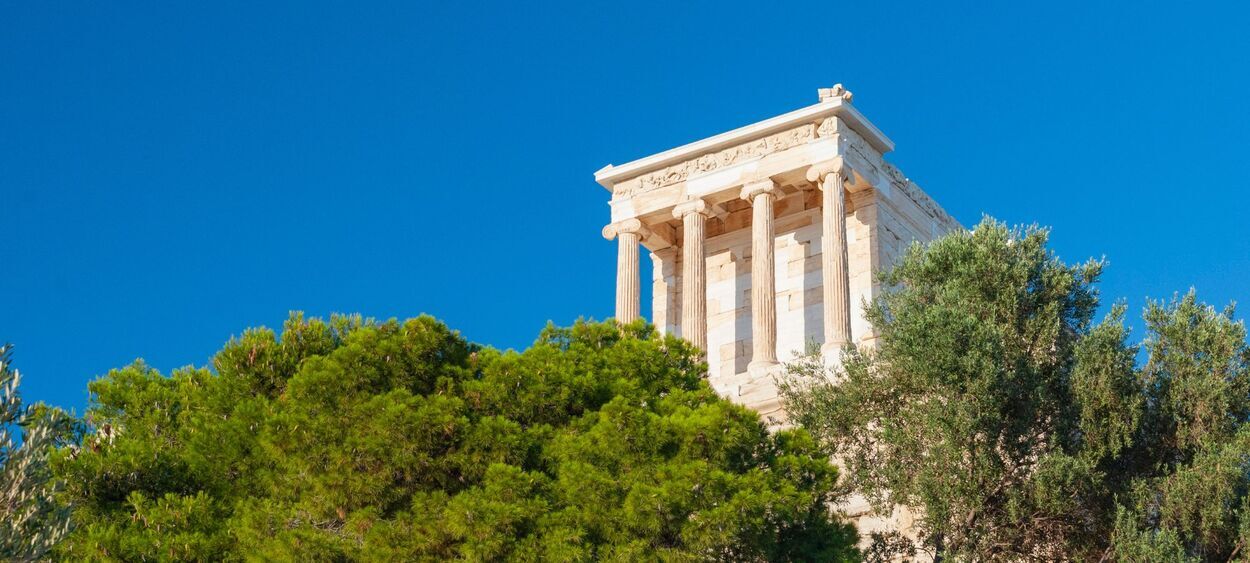
- Temple of Athena Nike (Acropolis) – small, bright, and scenic; a quick but worthwhile stop.
One-Day Mini Itinerary
- Morning: Filopappou Hill + stop at the “Prison of Socrates.”
- Midday: Temple of Hephaestus in Thissio.
- Afternoon: Walk around Plaka + Monument of Lysicrates.
- Extra: Davelis Cave, if you want a short nature escape.
Where to Stay (Bookerty Tips)
- Thissio / Plaka / Koukaki: walk everywhere easily.
- Northern suburbs: convenient for Penteli / Davelis.
On Bookerty you can talk directly with the host for insider neighborhood tips — saving time and unnecessary travel.
FAQ
What’s the most underrated spot? The Temple of Hephaestus — impressive, panoramic view of the Acropolis, yet far less crowded.
A peaceful walk with a view? Filopappou Hill — easy trails and great panoramas.
Something a bit more mysterious? Davelis Cave — nature escape with an atmospheric twist.
A quick “two-minute” stop in Plaka? Monument of Lysicrates.